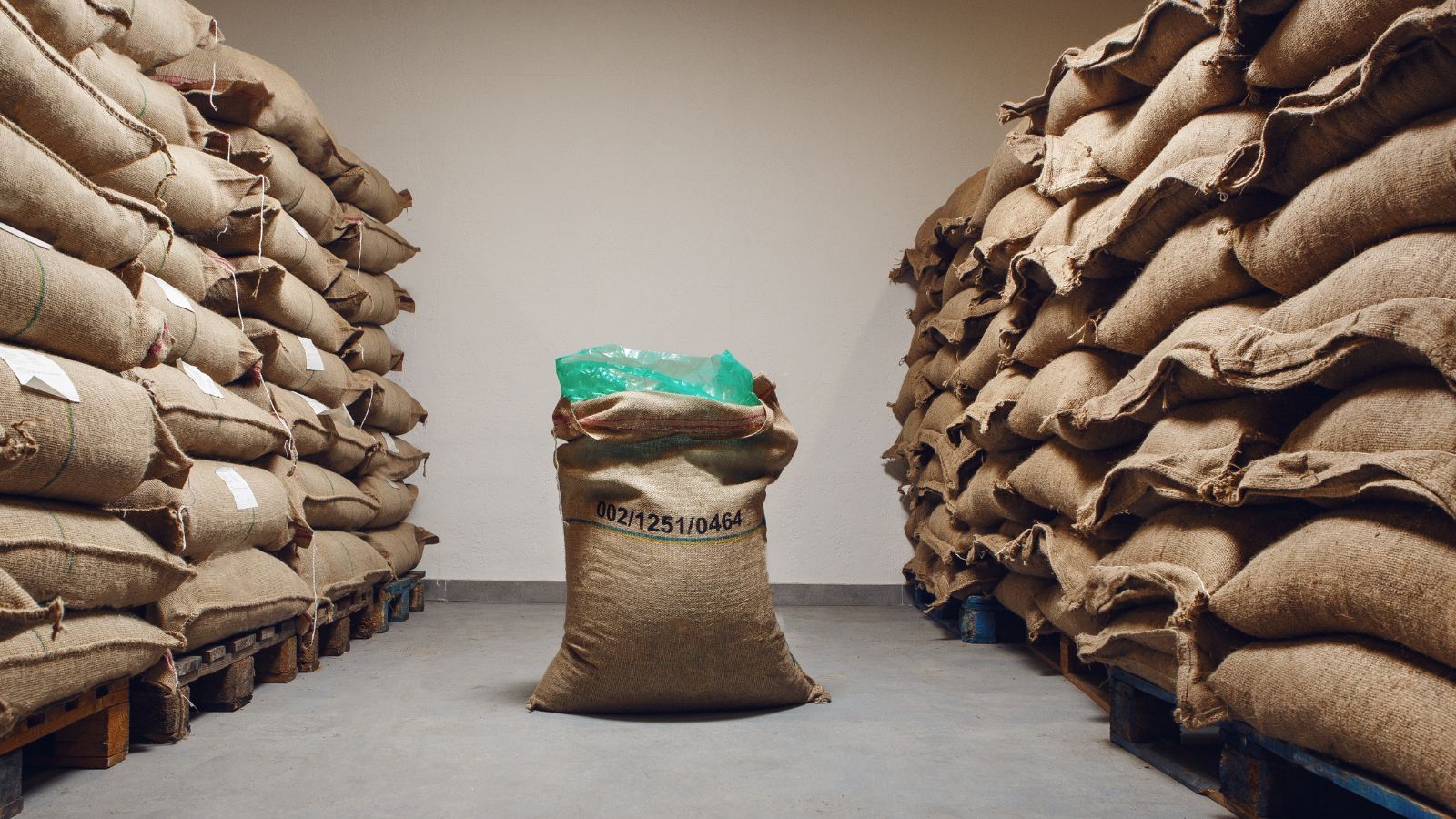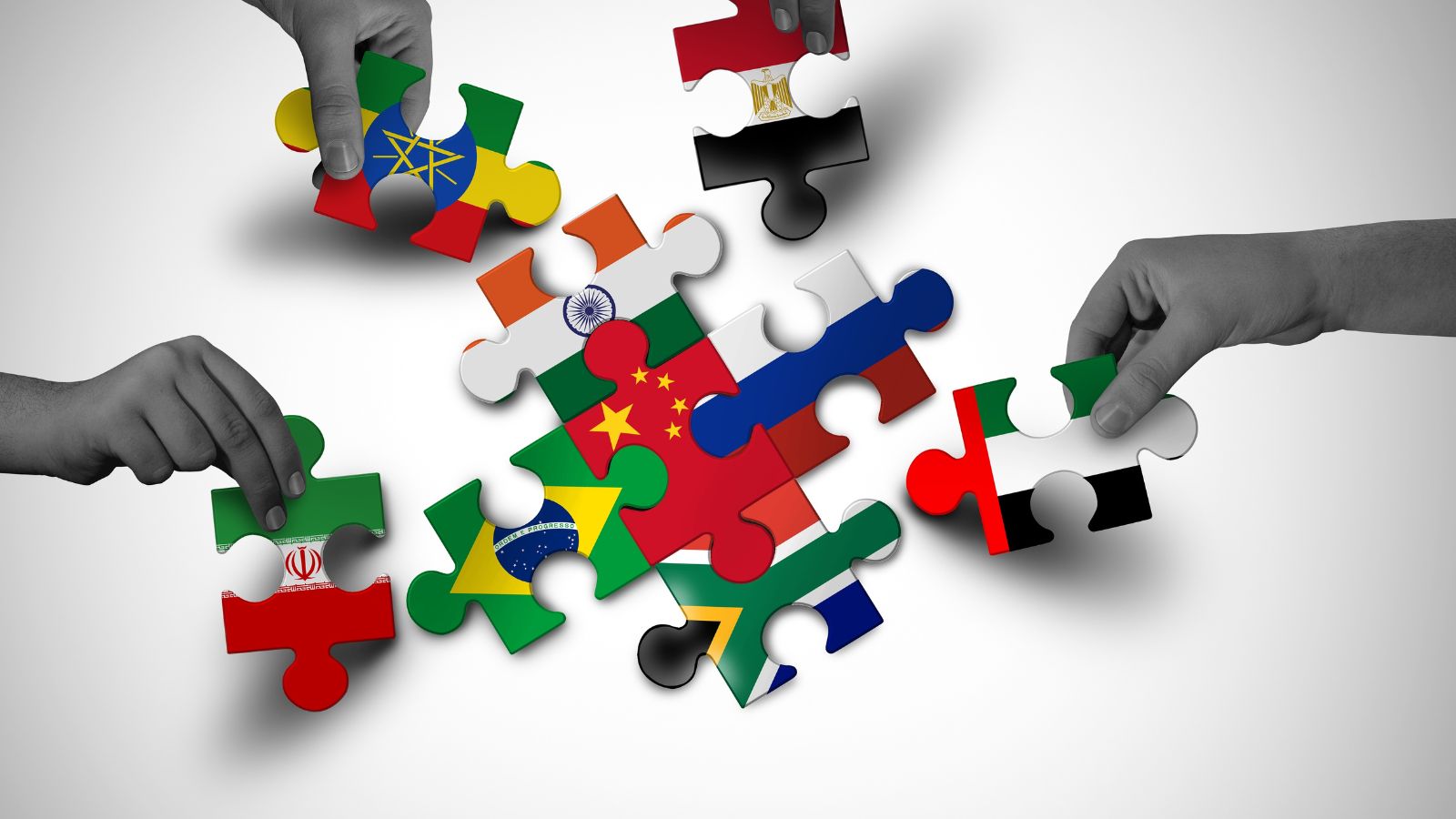In a world where trade practices often prioritize profit over ethics, Canada is setting a new standard for fairness and sustainability. From strong labor protections to responsible sourcing of materials, the country is leading the charge in ensuring that trade benefits workers, consumers, and the environment alike. Businesses, consumers, and policymakers are working together to promote transparency, fair wages, and sustainable supply chains. As global demand for ethical trade grows, Canada’s approach is not only strengthening its economy but also inspiring change worldwide.
Strong Support for Fair Trade Products

Canada has witnessed a growing movement toward fair trade-certified products, encompassing everything from coffee and chocolate to clothing and crafts. Consumers actively seek ethical goods that ensure fair wages and safe working conditions for producers worldwide. Retailers and grocery stores prominently feature fair-trade items, making it easier for Canadians to make informed, ethical purchasing decisions. This increasing demand encourages businesses to source their products responsibly and prioritize fair trade partnerships.
Government Policies Encouraging Ethical Sourcing

The Canadian government has introduced regulations and policies that encourage businesses to adopt ethical sourcing practices. These policies include guidelines on supply chain transparency and measures against forced labor and environmental harm. Through trade agreements and legislation, Canada holds corporations accountable for their global sourcing strategies. This ensures that businesses prioritize sustainability and human rights in their supply chains.
Ban on Goods Made with Forced Labor

Canada has taken a significant step in promoting ethical trade by banning the import of goods made with forced labor. Laws such as the Modern Slavery Act require businesses to disclose their supply chain practices and ensure workers’ rights. This move puts pressure on global suppliers to maintain fair labor standards. By blocking unethical products from entering the country, Canada reinforces its commitment to fair trade.
Leadership in Ethical Mining Practices

Canada is home to some of the world’s largest mining companies, and it has introduced strict regulations for ethical mineral sourcing. The Extractive Sector Transparency Measures Act requires mining firms to disclose payments made to governments, reducing corruption and exploitation. Canada also promotes ethical sourcing of minerals like cobalt and gold to prevent human rights abuses. These efforts make Canada a global leader in responsible resource extraction.
Promotion of Indigenous Fair Trade Enterprises

Indigenous-led businesses and fair trade cooperatives are gaining momentum in Canada, with strong consumer and government support. Programs help Indigenous entrepreneurs market ethically produced goods, such as hand-crafted art, sustainable foods, and traditional textiles. These initiatives ensure fair wages and cultural preservation while creating economic opportunities for Indigenous communities. Supporting Indigenous businesses is a key part of Canada’s commitment to ethical trade.
Active Participation in Global Fair Trade Agreements

Canada is a key player in international trade agreements that promote fair and ethical business practices. Trade deals like the Comprehensive and Progressive Agreement for Trans-Pacific Partnership include labor and environmental protections. These agreements ensure that trading partners uphold fair labor standards and sustainable practices. By setting high ethical benchmarks in trade agreements, Canada strengthens its commitment to fair commerce.
Ethical Business Certification Programs

Canadian businesses have access to certification programs that recognize ethical and fair trade practices. Certifications like Fair Trade Canada, B Corporation, and Rainforest Alliance ensure that companies meet high ethical and sustainability standards. Consumers trust these labels when making purchasing decisions, encouraging more businesses to participate. This creates a marketplace where ethical trade is both profitable and desirable.
Responsible Corporate Supply Chain Practices

Major Canadian corporations are adopting responsible supply chain policies to meet consumer demand for ethical products. Many companies now require suppliers to adhere to fair labor laws, sustainable farming, and humane working conditions. This shift encourages ethical business practices at a global level, reinforcing Canada’s leadership in fair trade. Transparency in supply chains helps eliminate child labor, unfair wages, and environmental damage.
Increasing Investment in Ethical Farming

Canada invests heavily in fair and ethical farming practices, supporting both local and international agricultural sustainability. Initiatives promote organic farming, reduced pesticide use, and fair wages for farmworkers. Farmers in Canada also collaborate with global fair trade cooperatives, ensuring ethical agricultural production. These efforts strengthen Canada’s reputation as a leader in sustainable and fair agricultural trade.
Fair Trade Education and Consumer Awareness Campaigns

Canadian schools, businesses, and non-profits actively educate consumers about the importance of fair trade. Awareness campaigns encourage people to choose ethically sourced products and support fair wages for workers worldwide. Universities and colleges promote fair trade initiatives on campuses, making ethical consumerism a core part of student culture.
Ethical Investment and Banking Options

Canadian banks and financial institutions offer ethical investment options that prioritize fair trade and sustainability. Socially responsible investment funds allow Canadians to support companies that adhere to fair labor and environmental practices. Ethical banking options, such as credit unions, further align financial choices with responsible trade values. These initiatives empower Canadians to invest in businesses that promote fairness and sustainability.
Ban on Harmful Trade Practices

Canada enforces strict regulations against harmful trade practices such as sweatshop labor and environmental exploitation. Businesses that fail to meet ethical trade standards face penalties and legal consequences. These laws create a business environment where companies must prioritize worker rights and sustainability. By discouraging exploitative trade, Canada upholds its fair trade values.
Ethical Fashion Movement

The Canadian fashion industry is embracing fair trade principles, with many brands committing to ethical sourcing. Clothing companies increasingly rely on organic, sustainable materials and ensure fair wages for factory workers. Consumers also support second-hand and upcycled fashion, reducing the demand for fast fashion. Ethical fashion is transforming Canada’s retail landscape, making fair trade clothing more accessible.
Strong Partnerships with Ethical Trade Organizations

Canada collaborates with international organizations like the World Fair Trade Organization and Fair Trade International. These partnerships strengthen Canada’s role in global ethical trade initiatives. They also help shape policies that protect workers’ rights and promote sustainable business models. Working alongside these organizations, Canada sets a global example in responsible trade.
Support for Women-Led Fair Trade Businesses

Canada actively supports women entrepreneurs in fair trade industries, both locally and globally. Government grants and business networks help women-led businesses grow and reach international markets. Many Canadian brands partner with women’s cooperatives in developing countries to promote economic empowerment. These initiatives drive gender equality and create sustainable, fair trade opportunities.
Growth of Ethical Food Supply Chains

Canadian grocery stores and restaurants prioritize ethical food supply chains by sourcing locally and sustainably. Farmers’ markets and organic food cooperatives thrive, offering fair trade-certified and locally grown produce. Large retailers commit to selling ethically sourced seafood, coffee, and chocolate, ensuring fair labor practices worldwide. This shift promotes sustainability while improving working conditions for agricultural workers.
Regulations on Sustainable Timber and Forestry Products

Canada enforces strict sustainability rules in its forestry sector, ensuring ethical timber production. Logging companies must adhere to environmental protections and fair labor policies when harvesting resources. Ethical wood certification programs, like the Forest Stewardship Council (FSC), ensure that timber products meet sustainability standards. These policies make Canada a global leader in responsible forestry trade.
Support for Ethical Coffee and Cocoa Production

Canadian businesses and consumers strongly support fair trade coffee and cocoa, ensuring that farmers receive fair wages. Coffee shops and supermarkets prominently feature Fair Trade-certified products, reducing reliance on exploitative supply chains. This demand benefits farmers in developing nations and encourages ethical trade practices. Canada’s coffee culture actively promotes sustainability and worker well-being.
Ethical Seafood Certification Programs

Canada’s fishing industry follows strict sustainability and fair trade guidelines to protect marine ecosystems and workers. Programs like Ocean Wise ensure that seafood is sourced ethically, without overfishing or exploitative labor. Consumers rely on these certifications to make responsible choices when purchasing seafood. This ethical approach keeps Canada’s fishing industry both profitable and sustainable.
Ban on Conflict Diamonds and Unethical Gems

Canada strictly regulates the diamond and gemstone trade, preventing the sale of conflict diamonds. The country follows international ethical sourcing guidelines to ensure that diamonds are mined responsibly. Consumers can confidently purchase Canadian diamonds, knowing they are free from human rights abuses. This reinforces Canada’s commitment to ethical trade in the jewelry industry.
Transparent Business Ethics Reporting

Canadian companies are increasingly required to report on their business ethics and sustainability efforts. Transparency laws help consumers and investors make informed decisions about the companies they support. Businesses that fail to meet fair trade or ethical standards face public scrutiny and potential fines. This accountability strengthens ethical business practices across all industries.
Strong Consumer Demand for Ethical Brands

Canadian consumers actively seek ethical brands, influencing businesses to adopt fair trade principles. Social media and activism have increased awareness of labor rights and sustainability in commerce. Companies that prioritize fair trade gain customer loyalty and long-term profitability. Consumer demand is a powerful force driving Canada’s fair trade movement.
Ethical Tech and Electronics Manufacturing

Canada is promoting ethical sourcing and labor standards in the tech and electronics industry. Many companies are ensuring that raw materials, like rare earth minerals, are sourced responsibly and without exploiting workers. Ethical electronics brands are gaining popularity as consumers demand fair labor practices in supply chains. Canada’s leadership in sustainable tech production ensures a more responsible future for the industry.
Focus on Sustainable Packaging and Fair Trade Logistics

Canadian businesses are adopting eco-friendly packaging and sustainable logistics to minimize environmental harm. Many companies prioritize biodegradable packaging, fair trade-certified shipping, and carbon-neutral delivery services. Ethical trade practices extend beyond products to how they are packaged and transported. This approach ensures a fair, sustainable, and environmentally friendly supply chain.
Support for Developing Countries in Trade Partnerships

Canada actively partners with developing nations to create fair trade agreements that benefit both economies. These partnerships help smaller economies grow while ensuring ethical labor standards and environmental protections. By prioritizing fair trade over exploitative trade practices, Canada strengthens international relations and global development. This makes Canada a fair and responsible global trading partner.
Growth of the Ethical Consumer Movement

The ethical consumer movement in Canada is stronger than ever, influencing businesses to prioritize fair trade and sustainability. People are becoming more mindful of where their products come from and how they impact workers worldwide. Social media and advocacy groups continue to push for ethical trade practices in all industries. As consumer awareness grows, ethical trade will remain a driving force in Canada’s economy.
Conclusion

Canada’s commitment to fair and ethical trade is reshaping global business practices, ensuring sustainability, transparency, and fair treatment for workers. With strong government policies, responsible corporate practices, and increasing consumer demand for ethical goods, Canada is leading the way in responsible commerce. As the world moves towards more sustainable and fair trade practices, Canada’s leadership in this space will continue to grow, setting an example for other nations to follow.
25 Countries Predicted to Become Economic Superpowers in the Next 20 Years

The strength of an economy plays a crucial role in various international policies about trade and relations. Certain factors determine the strength of an economy, including population growth, availability of resources, and development and advancement. Here are 25 countries predicted to become economic superpowers in the next 20 years
25 Countries Predicted to Become Economic Superpowers in the Next 20 Years
